|
It's all about The Bard at the moment. In fact it's always all about The Bard when it comes to my writing as my books are set in and around his world. He even makes an appearance in Watch the Lady and one of his circle, the poetess Aemilia Lanyer, is one of my narrators in The Girl in the Glass Tower. But it is the sheer inventiveness of his language that inspires me more than anything. Here are some of the best terms he coined:  WEARING YOUR HEART ON YOUR SLEEVE This has come to mean being emotionally open but in fact Iago, one of Shakespeare’s most duplicitous characters, said it in Othello. When he says ‘I will wear my heart upon my sleeve,’ he means that he will appear to reveal his true feelings. A PIECE OF WORK Nowadays when someone is described as ‘a piece of work’ it usually suggests they are spoiled and difficult but the meaning has changed over the years. When Hamlet says ‘what a piece of work is man! How noble in reason, how infinite in faculty!’ he’s musing on the complexities of God’s creation and the irony that all man amounts to in the end is dust.  A LAUGHING STOCK This comes from a comic exchange between Sir Hugh Evans and Caius in The Merry Wives of Windsor. Its meaning has remained the same to this day. No one wants to be a laughing stock. BATED BREATH This comes from The Merchant of Venice. Bated is a short form of abated, so the term means talking with in a subdued manner. When Shylock says to Antonio, ‘Shall I bend low and in a bondman’s key,/with bated breath and whispering humbleness,/Say this:’ he is asking why he should stoop to those who have ill treated him.  VANISH INTO THIN AIR A very familiar phrase that was not quite coined by Shakespeare, though in Othello we can find the phrase ‘Go vanish into air, away!’ and in The Tempest, ‘we melted into air, into thin air,’ the term as a whole was not put into print until 1822. IN A PICKLE Said by Alonso to the hopelessly drunk jester Trinculo in The Tempest – ‘How camest thou in this pickle.’ Trinculo had become involved in a disastrous, drunken, attempt to overthrow Prospero, thereby getting himself in a complete pickle. 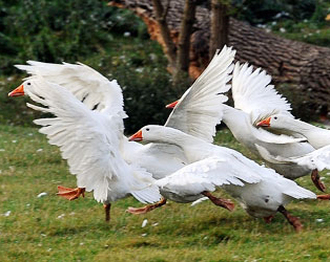 A WILD GOOSE CHASE The term derives from a game of horsemanship in which a rider makes a complicated set of manoeuvres, which the other players were obliged to follow. Mercutio, in Romeo and Juliet uses it to describe a passage of quick fire banter between himself and Romeo – ‘If our wits run the wild-goose chase.’ TOO MUCH OF A GOOD THING This is used often and in all innocence these days but when Shakespeare used it in As You Like It, he had an altogether more suggestive intent. It is said by Rosalind to Orlando and ‘thing’ was a common Elizabethan euphemism for genitalia – it needs no further explanation. Elizabeth Fremantle is the author of four novels set in the Tudor period. Queen's Gambit, Sisters of Treason, Watch the Lady & The Girl in the Glass Tower. All published by Penguin.
0 Comments
|
Subscribe to Elizabeth's quarterly newsletter below:Archives
June 2018
Categories
All
|

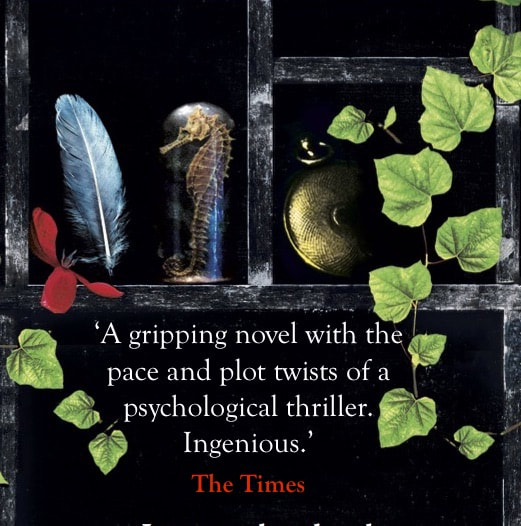

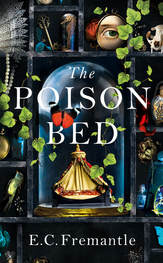

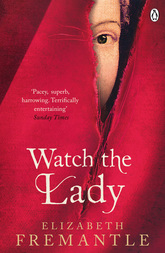
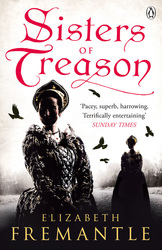
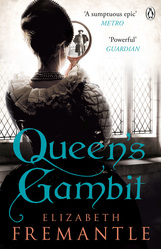
 RSS Feed
RSS Feed
